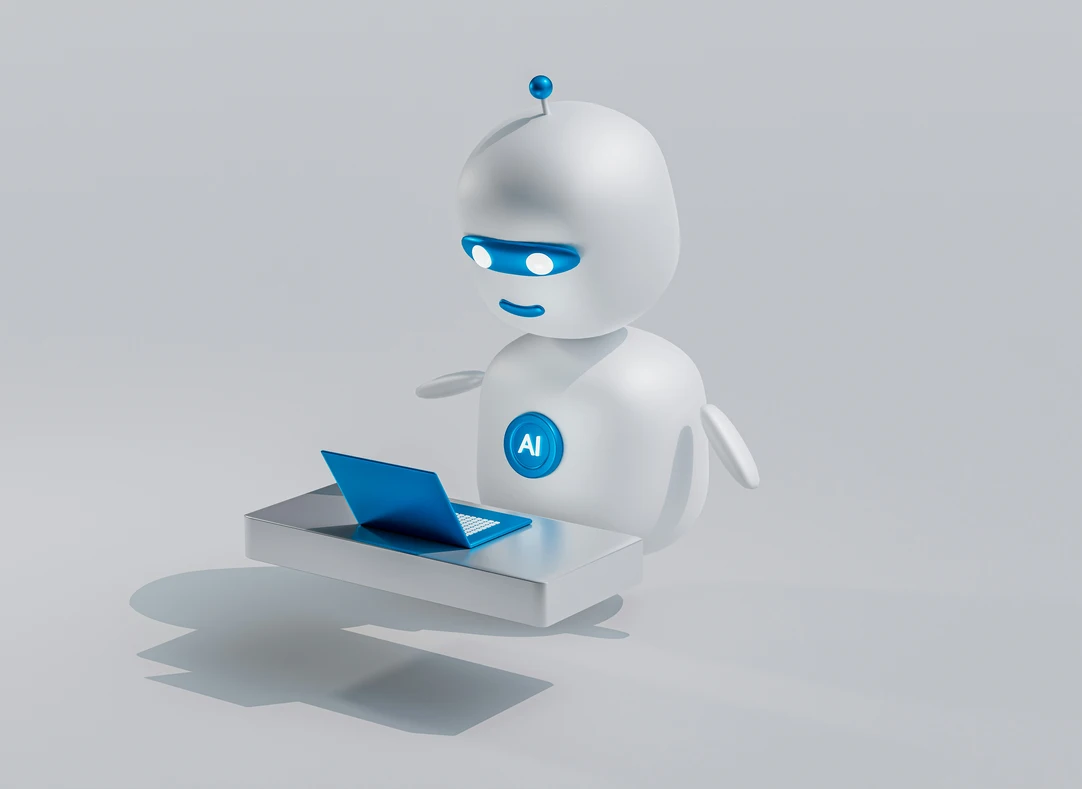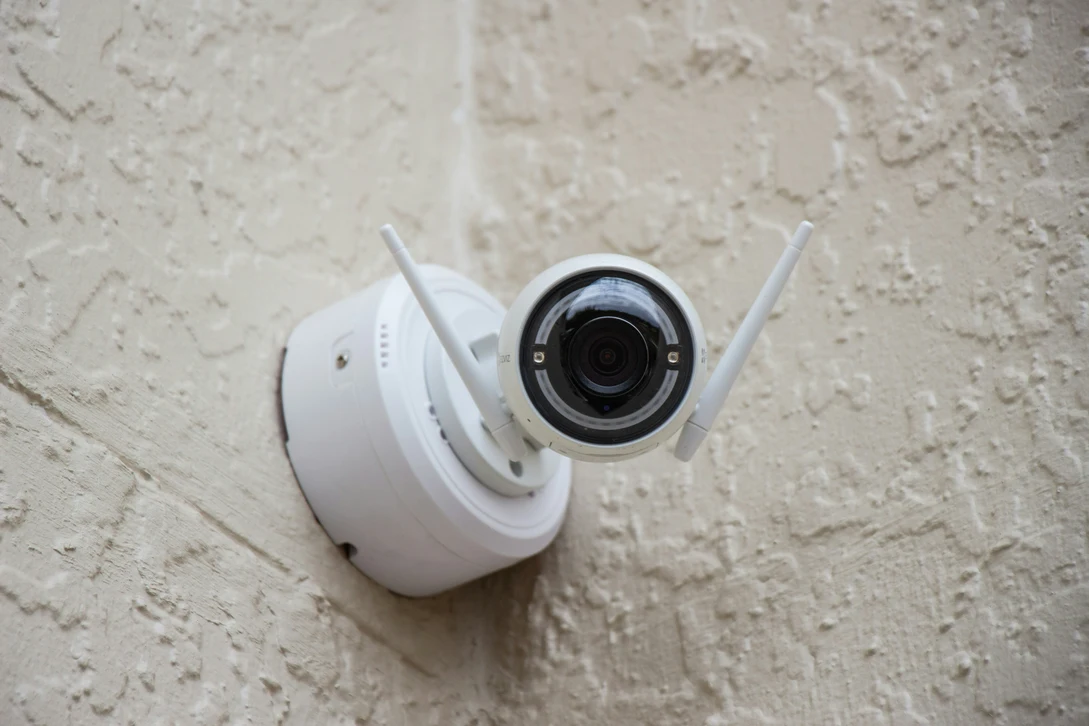In 2025, forgetfulness is no longer a flaw — it’s an optional setting.
Across phones, wearables, and desktop ecosystems, AI memory companions are emerging as the next frontier of smart living. These assistants capture life’s micro-moments — meetings, notes, photos, and even fleeting thoughts — then index them for effortless recall. Beyond convenience, they’re redefining how humans relate to memory itself. This article explores how digital recall works, the breakthroughs enabling it, its cognitive and ethical implications, and what it means when remembering becomes automated.

What’s Trending / What’s Changed
From Reminders to Reconstruction
Legacy voice assistants managed tasks; new AI companions reconstruct context. They understand why you saved something, when it matters again, and surface it exactly when needed.
Why Now
- Wearable AI: Glasses and earbuds capture ambient cues with consent-based sensors.
- Semantic Search Models: Transformer-based retrieval systems (Gemini Recall API, ChatGPT Memory Kit) now handle multimodal memory.
- Edge Processing + Privacy Vaults: Localized storage ensures personal data never leaves your device.
- Consumer Demand: Google Trends shows a 260 % spike in “AI personal memory” searches since August 2025.
Why It Matters
Productivity Without Pressure
Professionals waste ~9 hours a week re-finding digital content. Memory companions collapse that to seconds by contextual search (“show me the deck I made for Boston launch last spring”).
Emotional Continuity
AI can resurface positive moments — a voice note, a photo, a journal line — improving mood regulation and mindfulness.
Cognitive Augmentation
Students and researchers leverage recall models to connect ideas across time, creating a personal knowledge graph richer than any notebook.
Accessibility Breakthrough
For neurodivergent users or early dementia patients, contextual recall provides dignity and independence.

Real-World Systems Leading the Shift
- Rewind AI 2.0 — compresses entire device activity into searchable vectors stored locally.
- Microsoft Recall for Copilot+ PCs — screenshots and transcribes user sessions for instant semantic retrieval.
- Humane AI Pin Memory Layer — wearable recall assistant with on-device reasoning.
- OpenAI MyDay Prototype — aggregates multimodal memories into daily narrative summaries.
- Evermind Labs Private Recall Cloud — encrypted temporal indexing for corporate knowledge bases.
Ethical and Psychological Questions
Ownership of Memory
If AI stores and recalls your experiences, do you still “own” them — or merely access them?
Selective Curation
Digital recall could filter life, highlighting only pleasant data and eroding authenticity.
Surveillance Creep
Continuous recording demands transparent consent frameworks, especially in workplaces.
Dependence and Identity
Outsourcing memory may shift how humans define learning and personal growth — a philosophical frontier unfolding in real time.
How to Adopt AI Memory Companions Safely
- Start Private — use local-only recall tools before cloud syncing.
- Label Contexts — train your AI with tags (“meeting notes,” “inspiration,” “shopping list”) to refine retrieval accuracy.
- Review Weekly — delete sensitive captures; maintain intentional digital hygiene.
- Integrate Emotionally — journal through your AI summaries to preserve human meaning.
- Set Boundaries — define what not to remember: personal calls, guest conversations, biometric data.

FAQs & Takeaways
Q1: Are AI memory tools secure?
Most leading platforms use on-device encryption and federated learning — privacy depends on local settings, not the cloud.
Q2: Will they replace note-taking?
They’ll redefine it. You’ll still annotate, but AI handles organization and resurfacing.
Q3: Is it healthy to outsource memory?
Moderation is key — augmentation, not amnesia. Keep reflective practices alive.
Q4: How soon will this be mainstream?
Analysts expect >40 % of smartphones to include AI recall modules by late 2026.
Key Takeaways
- Digital recall turns memory into a shared human-AI process.
- Privacy, consent, and emotional balance will shape adoption.
- Used ethically, AI memory companions can amplify creativity, empathy, and mental clarity.
#AIMemory #DigitalRecall #AIInnovation #SmartLiving #TechLife #FutureOfWork #AIAssistants #DesignTrends2025 #Designs24hr
If the article helped you learn something new or changed how you think about technology and creativity, share it — and tell us your experience in the comments.
Explore the latest trends, or understand how AI is shaping design and daily living, visit Designs24hr.com — where intelligence meets imagination.







